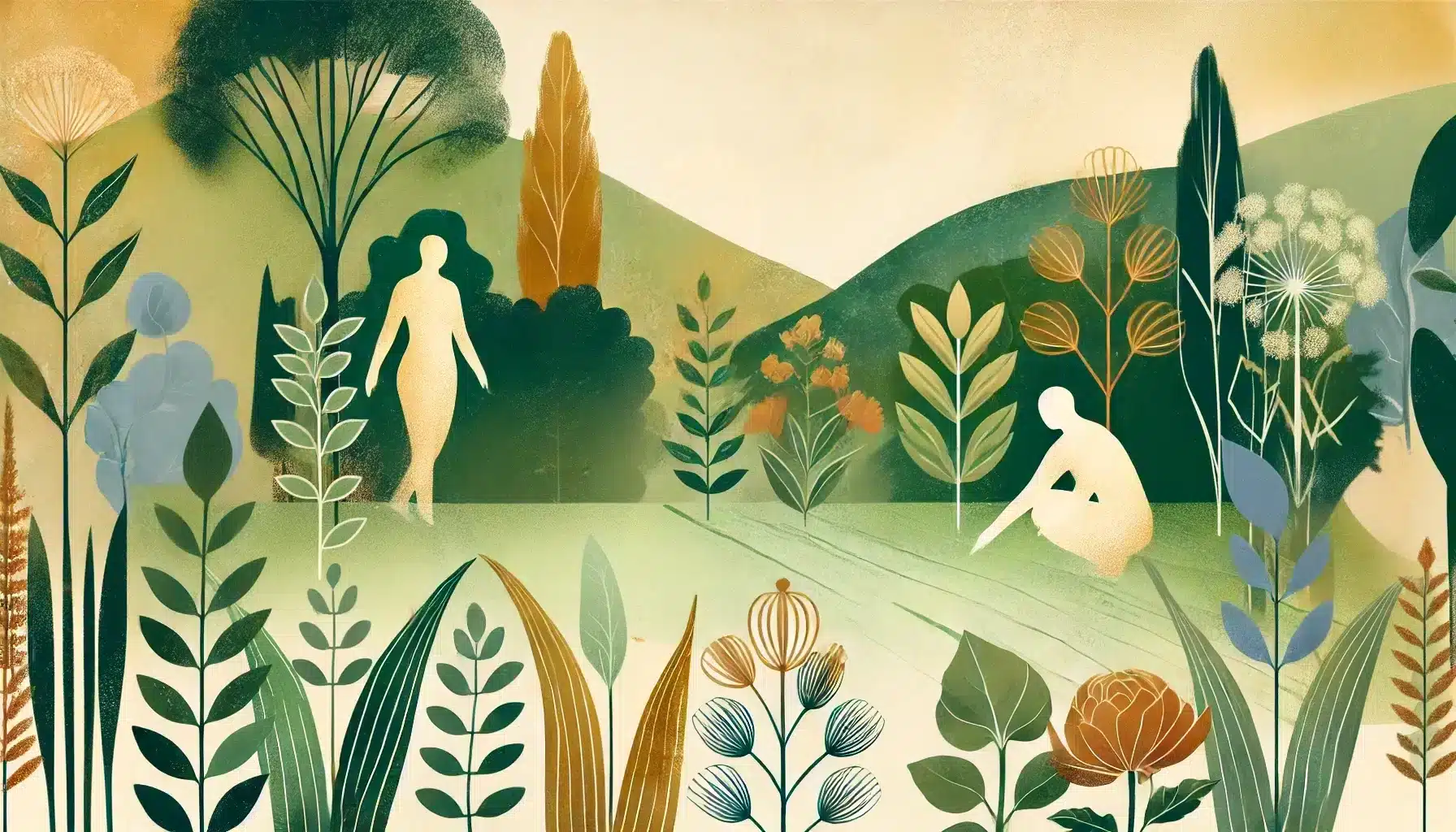What is World Naked Gardening Day?
World Naked Gardening Day (WNGD) is celebrated annually on the first Saturday of May, encouraging individuals to garden without clothing. This lighthearted observance promotes a connection to nature, body positivity, and the simple joy of gardening in its most natural form. Participants use the day to embrace personal freedom, challenge social norms, and appreciate the outdoors.
History and origin
World Naked Gardening Day was founded in 2005 by Mark Storey, consulting editor for Nude & Natural magazine, and permaculturist Jacob Gabriel. Originally observed in September, the event was later moved to May to better align with the gardening season in the Northern Hemisphere. The event has since gained international recognition, with participants from various countries joining in to celebrate gardening and naturism.
While the event is informal and unregulated, it has been embraced by naturist groups, environmentalists, and gardening enthusiasts who see it as an opportunity to reconnect with nature in a lighthearted way.
Who participates in World Naked Gardening Day?
- Individuals: People of all ages and backgrounds who enjoy gardening in a natural state.
- Naturist organizations: Groups that promote body positivity and naturism encourage participation.
- Environmentalists: Advocates for sustainable living who see gardening as an eco-friendly practice.
- Community gardeners: Some groups organize gatherings to celebrate the event together.
- Social media participants: Many share their experiences online, using creative ways to respect privacy while promoting the event.
Slogans and themes
World Naked Gardening Day embraces body acceptance, environmentalism, and the joy of gardening. While there are no official slogans, common themes include reconnect with nature, grow freely, and let the sun and soil touch your skin. Participants highlight the benefits of both gardening and embracing naturism in a positive and humorous way.
Colors, symbols, and patterns
Colors
- Green: Symbolizes nature, plants, and sustainability.
- Earth tones: Reflect the natural environment and grounding aspects of gardening.
- Sun yellow: Represents warmth, outdoor energy, and natural light.
Symbols
- Leaves and plants: Represent growth, nature, and the essence of gardening.
- Sun icons: Emphasize the outdoor aspect and the joy of natural sunlight.
- Gardening tools: Illustrate the hands-on approach of nurturing the earth.
Patterns
- Floral motifs: Highlight the beauty and diversity of plant life.
- Natural textures: Incorporate soil, bark, and organic patterns that connect to the earth.
- Leaf designs: Symbolize the focus on nature and sustainability.
How to observe World Naked Gardening Day
- Private gardening: Enjoy tending to plants in the privacy of your backyard or other secluded areas.
- Join a naturist event: Some groups and communities organize collective gardening activities.
- Share your experience online: Post about your WNGD activities using creative and modest ways to promote the event.
- Plant something new: Celebrate the day by starting a garden or adding to an existing one.
- Learn about sustainable gardening: Use the occasion to educate yourself on organic gardening and environmentally friendly practices.
Most used hashtags
- #WorldNakedGardeningDay
- #NakedGardening
- #Naturism
- #BodyPositivity
- #GardenNaturally
Why is World Naked Gardening Day important?
World Naked Gardening Day promotes a positive relationship between people, nature, and their bodies. The event encourages individuals to feel comfortable in their skin while appreciating the beauty of the natural world. Gardening itself has numerous mental and physical health benefits, from reducing stress to providing fresh food.
This day also highlights the importance of sustainability and green spaces, reminding people that growing their own food or flowers contributes to a healthier planet. WNGD challenges social norms around nudity, advocating for body acceptance and the idea that the human form is natural, not shameful.
While the event is meant to be fun and lighthearted, it also fosters deeper discussions about self-acceptance, environmental consciousness, and personal freedom.
Features
Contact Info
First Saturday of May: Naked Gardening Day
Why do you keep falling for the same type?
Read the article Lovemaps: the hidden blueprint of our love.

